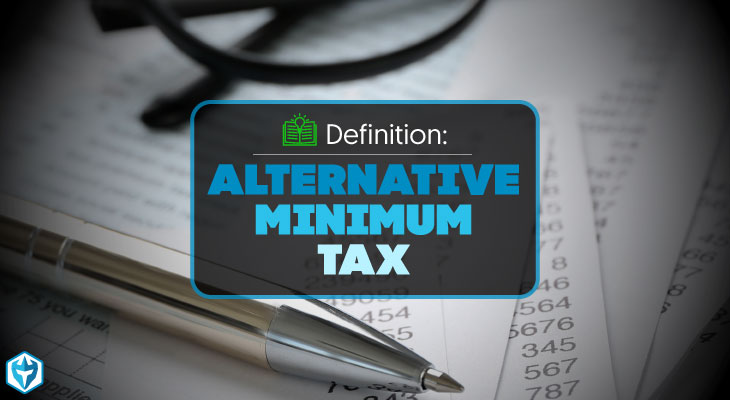The P/E ratio, or the price to earnings ratio, is one of the simplest and most popular metrics for evaluating stocks. The P/E ratio compares the stock’s current market price with its most recently reported earnings per share. The price of the stock is then evaluated as a multiple of the earnings that each share […]











